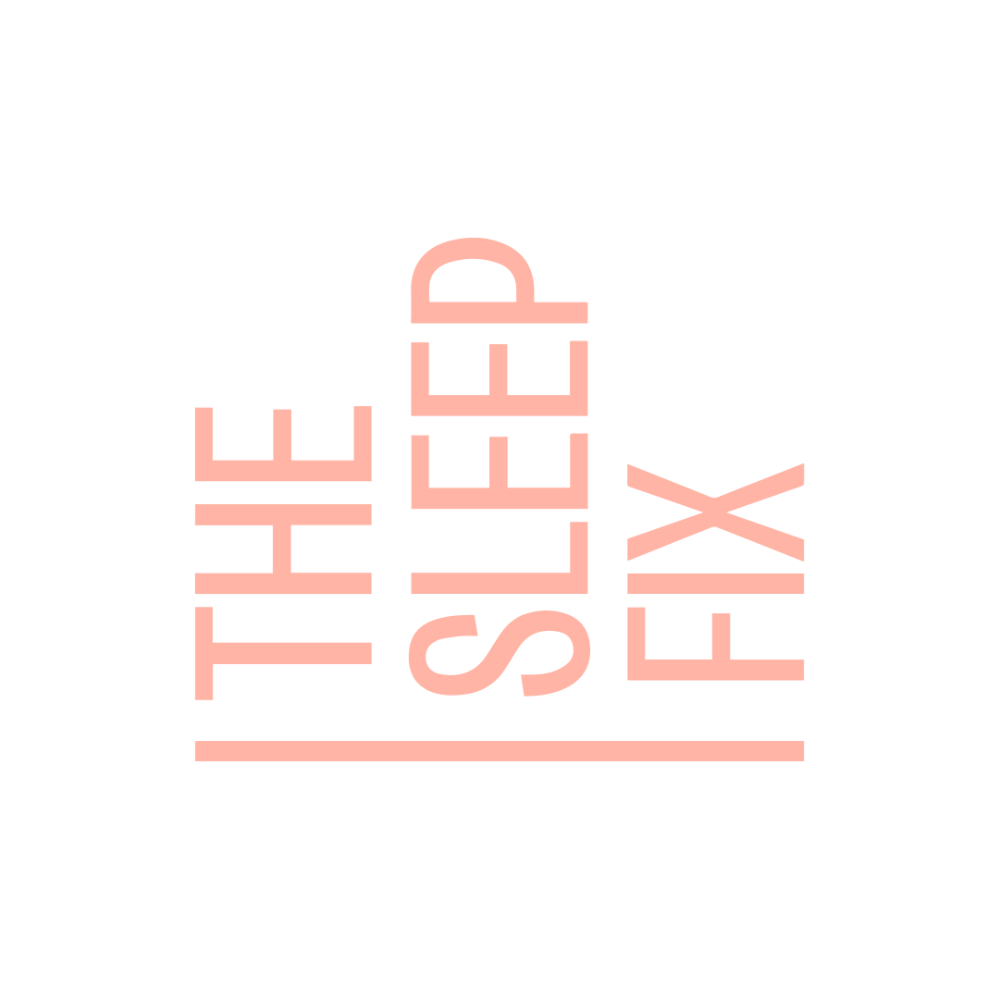The Truth About Self-Care and Sleep: What You Need to Know

If it takes you a long time to fall asleep or you wake up a lot overnight, you could use some sleep self-care. The problem is most people don't know what that really means.
In our fast-paced world, self-care has become a buzzword, often associated with bubble baths, scented candles, and indulgent treats. But while these things might help you relax, the most effective self-care for your sleep isn't about pampering yourself — it's about understanding your body's needs and taking evidence-based steps to improve your sleep quality.
So, in honor of Self-Care Awareness Month, let's get into it and talk about self-care that will actually make a difference when it comes to fixing your sleep problems.
Myth: Self-care for Sleep Means Taking Time to Treat Yourself
One common misconception about self-care for sleep is that it involves indulging in luxurious treats or activities that you have to make time for or spend lots of money on. While it's true that treating yourself occasionally can be good for your overall well-being, it's important to recognize that it's not a cure for sleep issues.
Reality: Self-Care for Sleep Involves Addressing the Root Causes of Your Sleep Problems
True self-care for sleep starts with figuring out what's keeping you awake.
If the usual sleep hygiene tips — like maintaining a consistent sleep schedule, creating a relaxing bedtime routine, ensuring your bedroom is a sleep-friendly environment, avoiding caffeine, and avoiding screen time at night — aren't helping, then it's time to dig deeper.
One great place to start is by keeping a sleep diary. It allows you to track factors like your bedtime, time awake in bed overnight, wakeup time, caffeine intake, exercise, and stress levels, which can all impact the quality of your sleep.
By recording these kinds of details about your sleep patterns and habits, you gain valuable insights into what may be disrupting your sleep, so you can then find the best solutions.
Click here to check out our FREE Sleep Fix Sleep Diary.
Recognizing When Self-Care Isn't Enough
While self-care practices can significantly improve your sleep quality, it's essential to recognize when self-care won't cut it anymore.
That's why part of sleep self-care is seeking professional help when the self-help route isn't working for you, and realizing that no, you aren't just "a bad sleeper" and no, you don't have to live like this.
If you consistently struggle to fall asleep or stay asleep, or if you constantly feel like you need a nap, that could be a sign of chronic insomnia or another sleep disorder. And you'll be amazed how different you feel once you've addressed it.
Talk to your doctor, ask for a referral to a sleep specialist, and as always, feel free to reach out to us at [email protected].
Remember, self-care is about taking care of yourself. And if you're not sleeping well, fixing that problem is likely the best thing you can do for your overall well-being.
So, let's reframe how we think about self-care. Because Facials and massages are great and all, but you don't NEED a facial, you don't NEED a massage. We all straight up NEED and deserve good, quality sleep.







